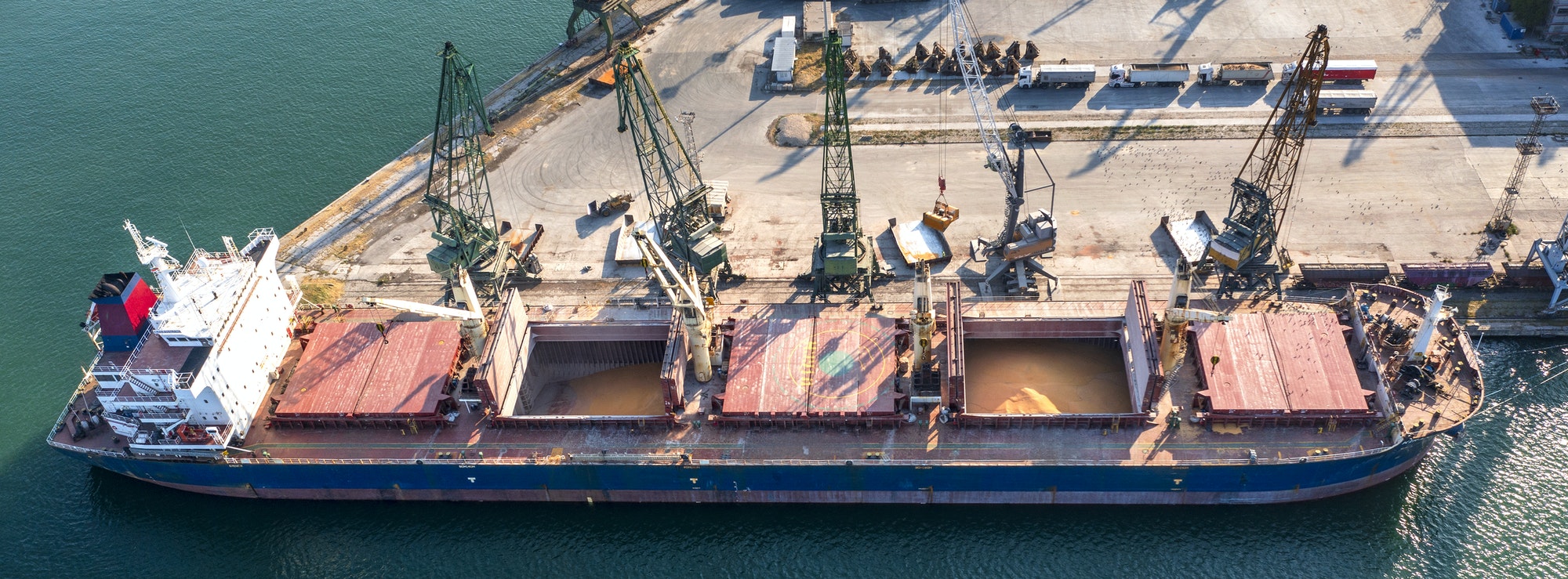How Can British Exporters Overcome Trade Barriers with the EU?

In the wake of the historic 2016 Brexit referendum, the United Kingdom chose to sever its 47-year long ties with the European Union. As you might imagine, this has significantly altered the trading landscape for both parties involved. The immediate aftermath of the divorce was fraught with uncertainty, especially for British exporters who had been thriving in the open market system of the European Union. Fast-forward to the present, and the dust has started to settle. There are now clear trade barriers that British exporters must navigate in order to effectively trade with the European Union. So, how do these businesses adapt and overcome? Let's dive into the details.
Understanding the New Trading Landscape
It is crucial for British exporters to fully grasp the new trading environment post-Brexit. Understanding this is the foundation on which successful trading strategies can be built. The United Kingdom and the European Union have a Trade and Cooperation Agreement (TCA) in place today, distinct from the EU's policy landscape. Though the TCA allows for tariff-free trade in goods, it does not eliminate barriers to trade.
A voir aussi : How to Optimize Energy Efficiency in UK Commercial Buildings Using IoT Solutions?
There are now various non-tariff barriers that British exporters must contend with. These include regulatory checks, customs declarations, and rules of origin requirements. These barriers have disrupted the free flow of goods, leading to increased costs and longer delivery times. The UK's exit also means it no longer enjoys the benefits of the EU's 40+ trade agreements with other countries, further complicating matters.
Navigating Regulatory Checks and Customs Declarations
One of the significant trade barriers that have emerged following Brexit is the introduction of regulatory checks and customs declarations. These new requirements have resulted in increased paperwork, leading to delayed shipments and higher costs. So, what can British exporters do to overcome this hurdle?
A lire aussi : What Are the Effective Strategies to Manage Customer Relationships in UK Luxury Hotels?
Firstly, it is vital to get well-acquainted with the new customs procedures. This could involve hiring experts or training existing staff to ensure compliance with the new regulations. Secondly, making use of the government's grants to support customs training can ease the financial burden. Lastly, considering the use of customs intermediaries - like freight forwarders or customs brokers - can help streamline the process.
Scrutinising Rules of Origin Requirements
Another challenge British exporters face are the 'rules of origin' under the TCA. The rules of origin determine the economic nationality of a good. To benefit from the zero-tariff trade, goods must be made largely in the UK or the EU.
It is important for businesses to review their supply chains to meet these requirements. This may mean re-shoring some production processes back to the UK, or alternatively, considering setting up an operation within the EU. Either way, understanding and planning for the rules of origin is critical to successfully trading with the EU.
Approaching New Markets and Trade Agreements
The ability to adapt to change is a hallmark of successful businesses. For some British exporters, this could mean looking beyond the EU. The UK government has been seeking trade agreements with countries worldwide to compensate for the loss of the EU's trade agreements.
Countries such as Australia, New Zealand, and the United States are some of the potential markets British exporters can explore. These new markets could present opportunities for growth and diversification. However, it is critical to understand that each market has its unique requirements and challenges. Therefore, comprehensive market research is crucial before venturing into any new market.
Utilising WTO Terms and Future Agreements
In cases where the UK has not secured an agreement, the World Trade Organisation (WTO) terms apply. This essentially means that the UK and the other country trade without any special agreements, possibly leading to tariffs and quotas. However, there are ways to minimise the impact.
Businesses could consider utilising tariff preference levels (TPLs) or applying for a suspension or lowering of customs duties. On the brighter side, the UK government is continuously negotiating new trade deals. Thus, British exporters should keep abreast of these negotiations as they may open up new opportunities.
In the end, overcoming the trade barriers with the EU means British exporters need to be adaptable, well-versed with the new rules, and open to exploring new markets. It's a challenging landscape, but with the right knowledge and strategies in place, British exporters can still thrive in the post-Brexit era.
Mastering Trade Policy and Building Robust Strategies
It is paramount for British exporters to firmly grasp post-Brexit trade policy changes and craft robust strategies tailored to these new trading conditions. To seamlessly trade with the European Union in this new landscape, businesses must navigate around non-tariff barriers and understand the implications of the United Kingdom's departure from the EU's single market and customs union.
The Trade and Cooperation Agreement (TCA) has now replaced the UK's membership in the single market and customs union. While the TCA allows the free trade of goods, it does introduce new challenges in the form of non-tariff barriers like regulatory checks, customs declarations, and rules of origin requirements. These hurdles warrant businesses to re-evaluate their processes and devise modified operational strategies.
Moreover, the United Kingdom's exit from the European Union comes with the loss of the EU's existing network of trade agreements with over 40 countries. British businesses must now navigate bilateral trade agreements with these countries individually, adding another layer of complexity to the trading landscape. The government is actively pursuing new trade agreements, and it's crucial for businesses to stay updated on these developments.
The Oxford Academic journals provide an excellent source of knowledge for businesses to stay informed about changes in international trade policy, economic policy, and the implications of various trade agreements. Utilising such resources will enable British exporters to navigate these tumultuous times efficiently.
Conclusion: Rising Above the Challenges
In the face of sweeping changes brought upon by Brexit, British exporters are faced with a daunting task of overcoming trade barriers with the EU. Undoubtedly, the trading landscape has been reshaped, and coping with these changes requires adaptability, knowledge, and strategic planning.
To successfully trade with the EU in the post-Brexit era, businesses must understand the intricacies of the new trade policy, including the TCA and rules of origin requirements. They must also adapt to the loss of the EU's vast network of trade agreements and the ensuing reliance on WTO terms or individual trade deals.
However, change also brings opportunity. The UK government's active pursuit of trade agreements with countries like Australia, New Zealand, and the United States presents new markets for British exporters to explore. These markets, while posing their unique challenges, also open doors to diversification and growth.
By staying informed of the changing trade landscape, understanding the new rules, and being open to new market exploration, British exporters are well-positioned to succeed in the post-Brexit era. The road ahead may be challenging, but with resilience and adaptability, they can rise above the trade barriers and thrive in the new trade environment.
